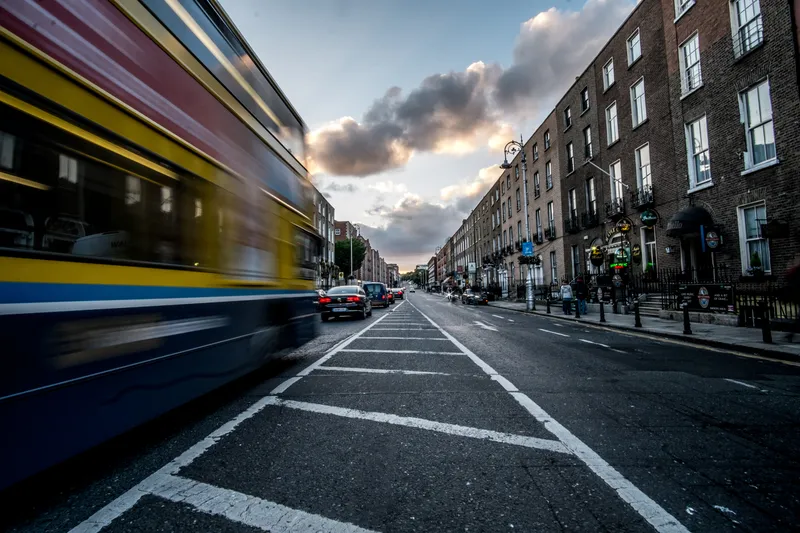Mobility as a Service firm
The companies say it offers users their options for driving a car to park at a station, for example, and taking a train before completing the journey using other modes such as bike.
“With most jobs still residing in densely populated cities, the typical commute is becoming multimodal, requiring the suburbanite to first drive to a public transit stop and continue their commute on a train, bus, scooter or bike,” says Chris Pendleton, head of Azure Maps.
“The number of decisions that fall on the commuter to make are also greater than ever before – from choosing between transit options to estimating parking availability - and this solution lifts that burden from them by tackling complete first-mile and last-mile routing.”
The app is powered by Moovit’s transit APIs and takes driving and parking information from TomTom’s APIs. The companies claim: “No other urban mobility solution offers real-time drive, park and transit information within one trip plan.”
Last November, Moovit partnered with Microsoft to integrate its transit APIs to Azure.
Moovit, TomTom and Microsoft launch multimodal trip planner
Mobility as a Service firm Moovit has linked up with TomTom and Microsoft’s Azure Maps to launch a multimodal trip planning app.
The companies say it offers users their options for driving a car to park at a station, for example, and taking a train before completing the journey using other modes such as bike.
“With most jobs still residing in densely populated cities, the typical commute is becoming multimodal, requiring the suburbanite to first drive to a public transit stop and continue their commut
February 13, 2019
Read time: 2 mins










